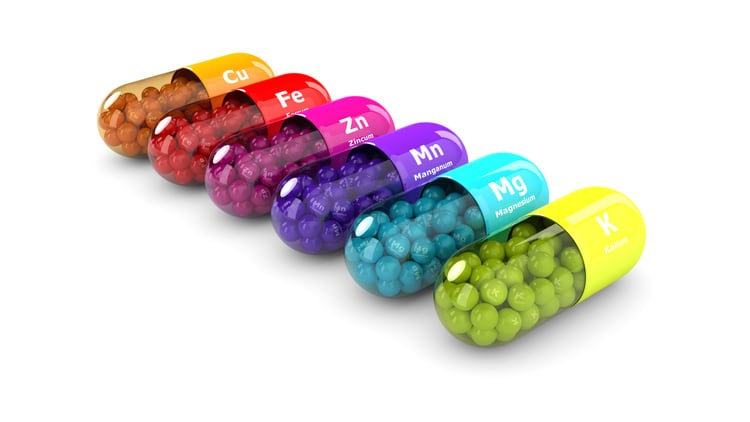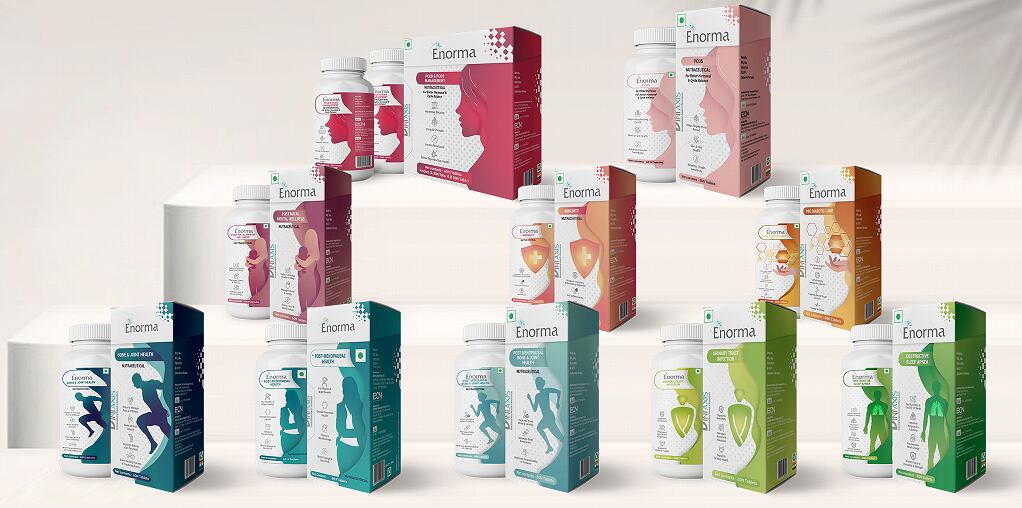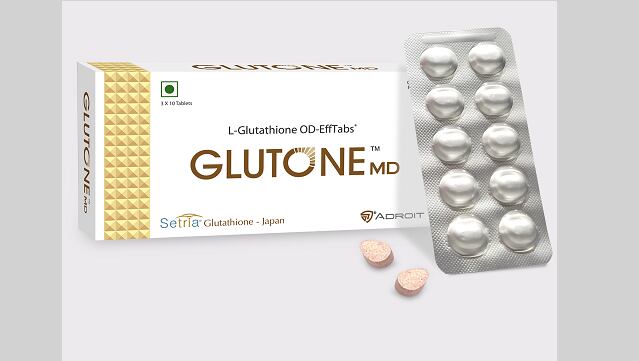On July 16, the FSSAI published a new set of RDAs, known as RDA 2020, and announced that the new rules will come into force from July 1, 2023.
The FSSAI said that the latest version, released on August 2, was a “partial modification” of the RDA guidelines released on July 16 and was “revised based on revision of RDA 2020 by ICMR-NIN."
ICMR-NIN is the Indian Council of Medical Research – National Institute of Nutrition.
A comparison between the July 16th and the amended version published on August 2nd found various changes.
First, the RDAs of magnesium and biotin were increased for both men and women.
For example, the RDA of magnesium for men increased from 385mg to 440mg and from 325mg to 370mg in women.
Biotin was previously stated as 30μg for adults. Now, it has been increased to 40μg and specifications were made for pregnant, breastfeeding mothers and children.
In pregnant women, the RDA of biotin is stated as 40μg, while that of breastfeeding/lactating mothers is 45μg.
As for adolescents, it is stated as 35μg, and 25μg for children age 4 to 10, and 20μg for children age one to three.
Biotin, also known as vitamin B7, is found in eggs, seeds, nuts, meat, and vegetables such as spinach and broccoli. It is commonly used in hair, skin, and nails nutricosmetics.
The revised level of biotin is higher than that of countries such as the US.
In the US, the RDA of biotin is 30μg for adult males and females above 19 years old and 35μg for pregnant and breastfeeding women. As for adolescents between 14 and 18, it is 25μg and in children age one to three, it is 8μg.
Similarly, the RDA for pantothenic acid has been bifurcated in the latest version into pregnant women, lactating women, adolescents and children, Sandeep Gupta, founder and CEO at the Expert Nutraceutical Advocacy Council (ENAC) pointed out.
For adults and pregnant women, the RDA of pantothenic acid is 5mg, 7mg for lactating women, 5mg for adolescents, and 4mg for children.
On the other hand, the RDA for amino acids remain unchanged.
NutraIngredients-Asia has approached the FSSAI for comments on the amendments to RDA 2020 and has not received a response as of the time of publication.
Decrease in RDA
The RDA of vitamin B12, iron, iodine, copper have been reduced in the latest guidelines.
The RDA of vitamin B12 has been reduced from 2.5μg to 2.2μg and that of iodine has reduced from 150μg to 140μg for adults.
For copper, it has been reduced from 2mg to 1.7mg.
As for iron, it has been reduced from 40mg to 27mg for pregnant women.
Removal and addition
Another striking difference is the removal of the RDA for carbohydrates and the addition of the RDA for dietary fibre, Gupta noted.
In addition, the RDA of dietary fibre is specified for adults engaged in different categories of work – sedentary, moderate, and heavy.
For men and women engaged in sedentary work, the RDA of dietary fibre is 30g and 25g respectively. This increases to 40g and 30g for men and women engaged in moderate work.
Changes for children
A number of RDA changes was also seen for children, especially for protein, zinc, and magnesium.
In children age one to three, the RDA of protein has increased from 11.3g to 12.5g and that of zinc has increased from 3mg to 3.3mg.
On the other hand, the RDA of magnesium has been reduced from 135mg to 90mg for children age one to three, from 155mg to 125mg for children age four to six, and from 215mg to 175mg for children age seven to nine.





